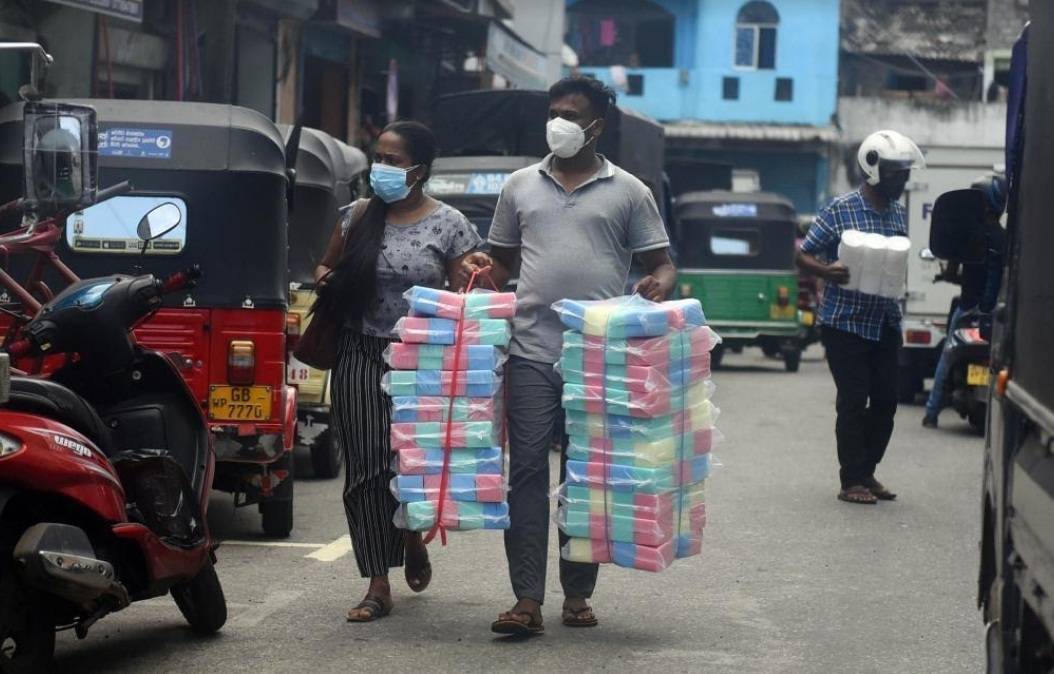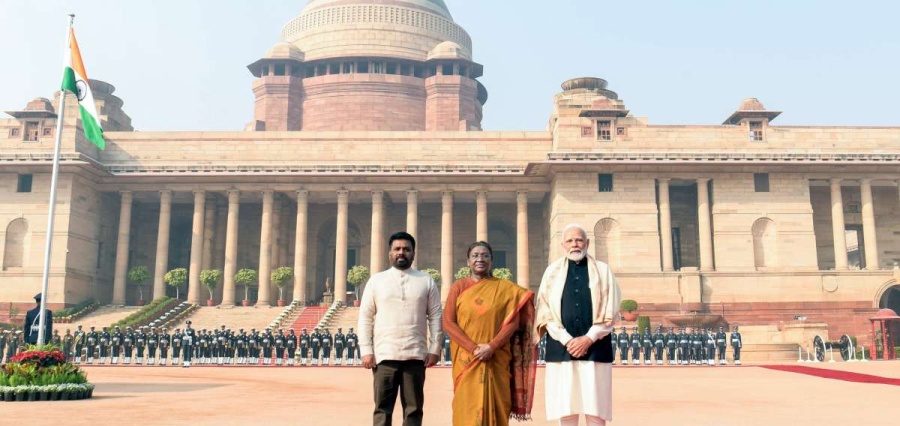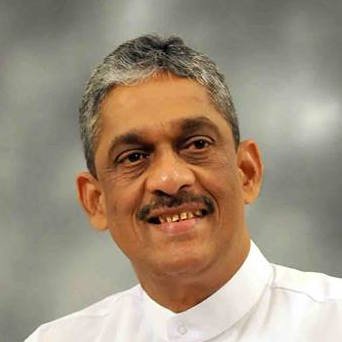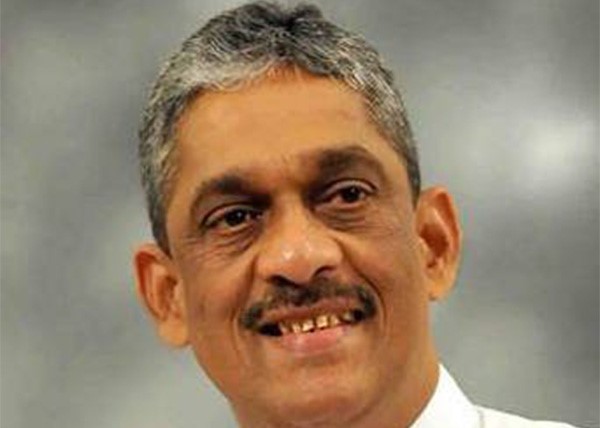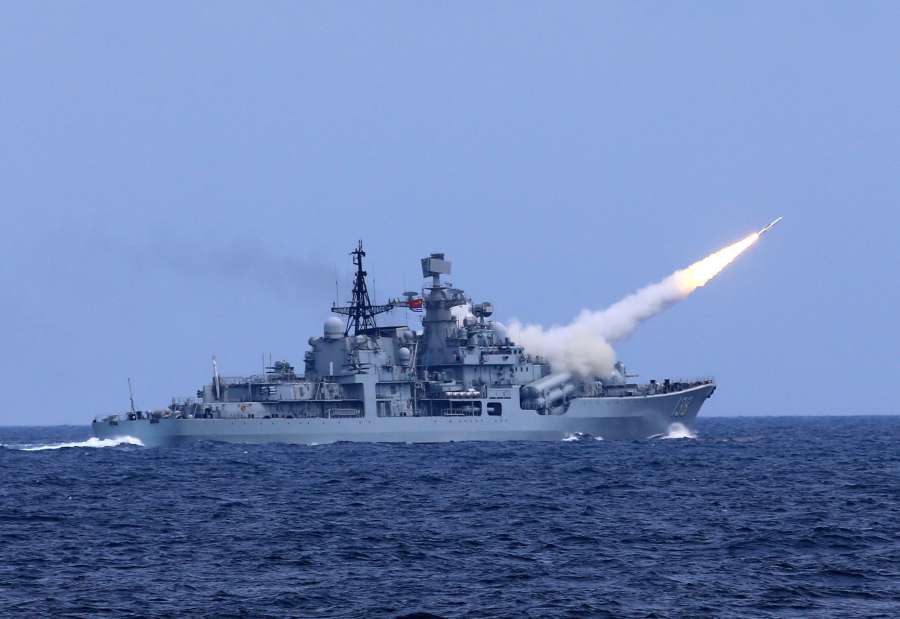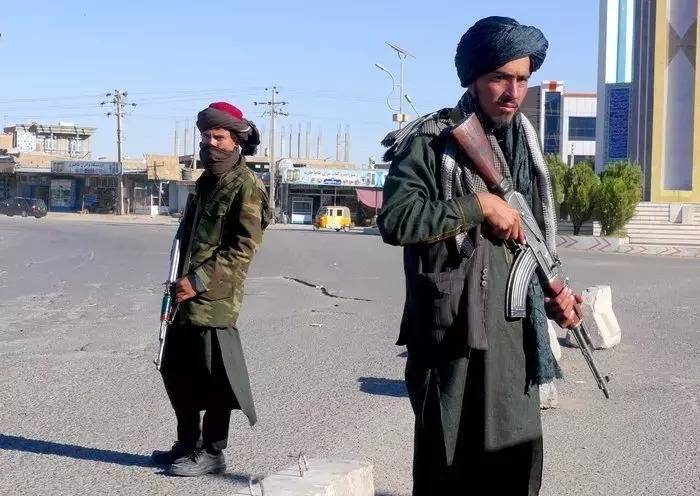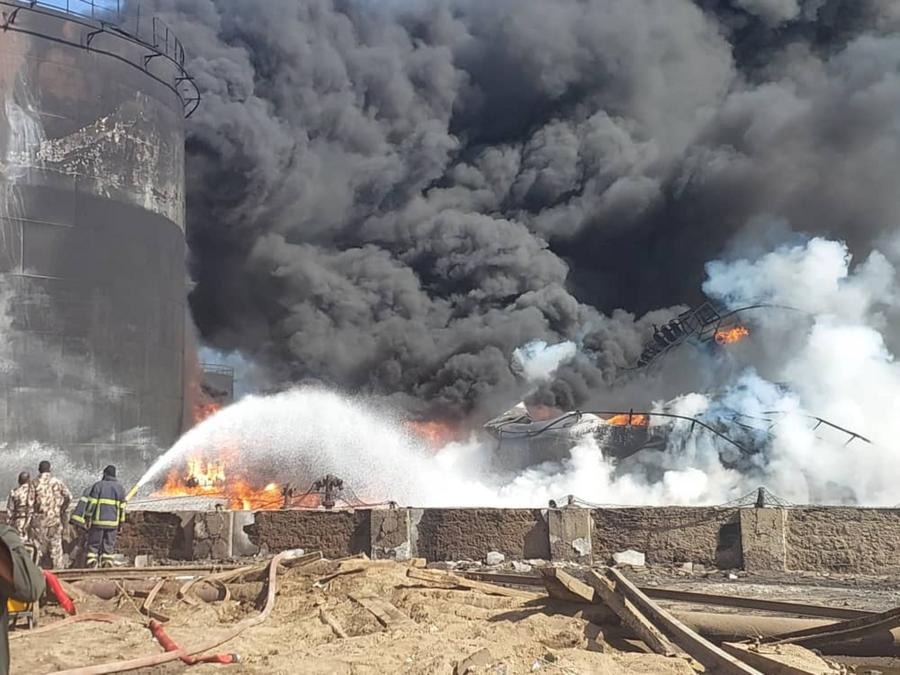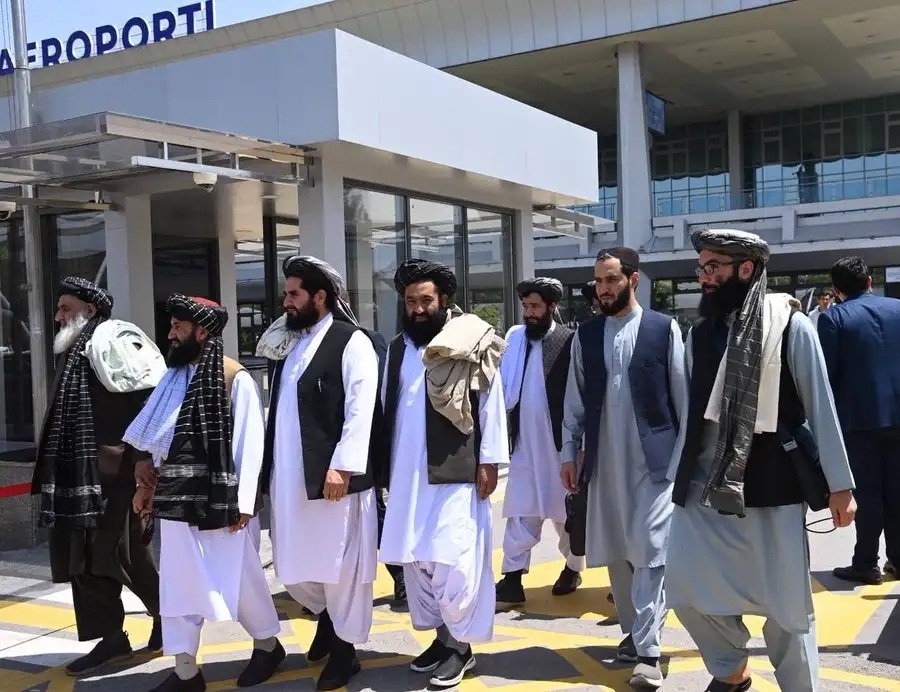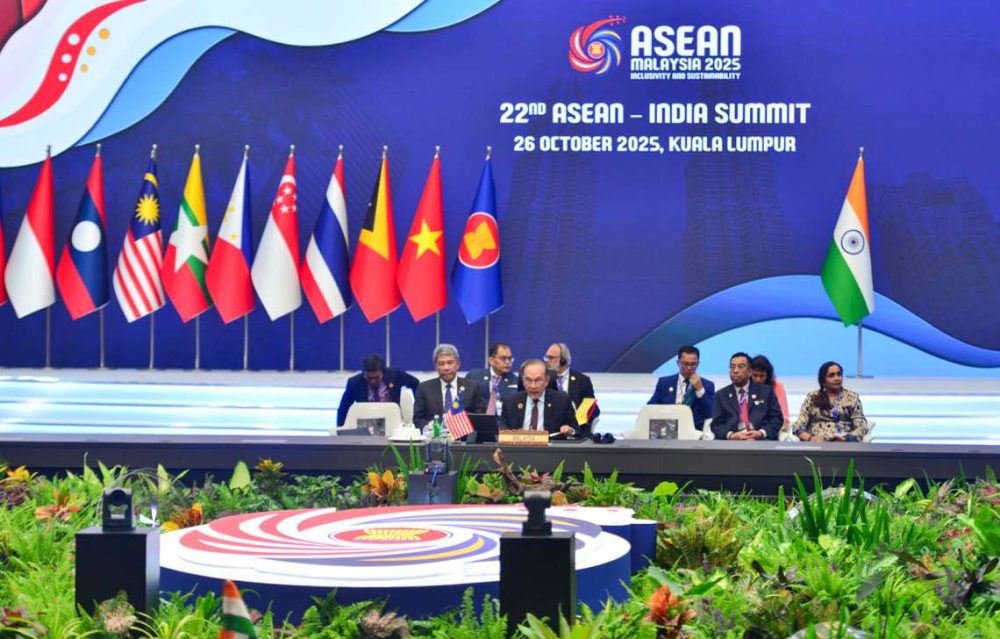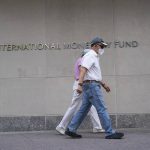China poses a difficult challenge for the negotiation as there is a lack of clarity on how much Colombo really owes to Beijing….reports Asian Lite News
Newly-appointed Sri Lankan President Ranil Wickremesinghe has a tough task ahead of him negotiating a financial lifeline from the International Monetary Fund (IMF) to help his country combat its worst-ever economic crisis but what makes the process difficult for him is opaque creditor China.
Notably, China poses a difficult challenge for the negotiation as there is a lack of clarity on how much Colombo really owes to Beijing.
Official data from Sri Lanka’s Finance Ministry shows China accounting for only about 10 per cent of the country’s USD 35.1 billion in external debt at the end of April last year. But some observers reckon that figure may cover the only government-to-government debt, Nikkie Asia reported.
A report released in June by two Sri Lankan economists, based on the information requested from the Finance Ministry, provides a different picture. Looking at public and publicly guaranteed debt — which includes commercial lending to the government and loans to Sri Lankan state-owned enterprises — China’s share totalled 20 per cent at the end of last year.
Ranil Wickremesinghe was sworn in as President of Sri Lanka on July 14 in Parliament before Chief Justice Jayantha Jayasuriya.
Sri Lanka has been witnessing massive protests as the country is usually chosen by direct election.
As public unrest simmers, Wickremesinghe’s government faces a race against time to negotiate a deal with the IMF, Nikkie Asia reported.
The Colombo Consumer Price Index surged 55 per cent on the year in June, as the public grapples with shortages of essentials including fuel, medicine and food.
The economic crisis has particularly impacted food security, agriculture, livelihoods, and access to health services. Food production in the last harvest season was 40 – 50 per cent lower than last year, and the current agricultural season is at risk, with seeds, fertilizers, fuel and credit shortages.
China has offered a relatively small amount of humanitarian aid to Sri Lanka, and even Colombo’s requests for USD 2.5 billion in credit support have met with a chilly reception.
“Sri Lanka still matters a lot to China, but other things also matter. In particular, they seem to not want to set a precedent in Sri Lanka of offering debt relief that other countries can then also request,” Alan Keenan, senior consultant on Sri Lanka at the International Crisis Group said as quoted by Nikkie Asia.
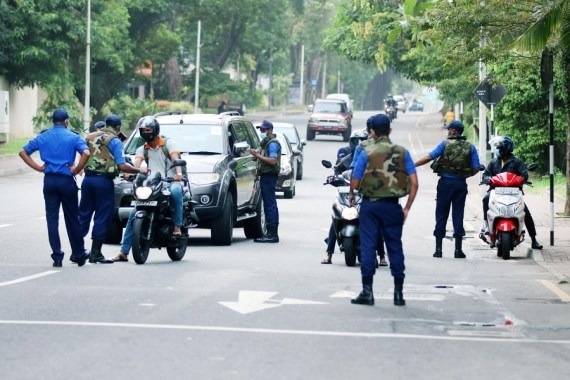
Fuel distribution
Sri Lankan President Ranil Wickremesinghe on Saturday instructed officials to accelerate the fuel distribution process and focus on providing fuel for school and public transport.
He ordered officials to provide fuel to vehicles that transport school children from all state-run fuel depots, Xinhua news agency reported.
The economic crisis has particularly impacted food security, agriculture, livelihoods, and access to health services. Food production in the last harvest season was 40 – 50 per cent lower than last year, and the current agricultural season is at risk, with seeds, fertilizers, fuel and credit shortages.
The instruction was given at a meeting to address the fuel crisis in the country, as schools will be reopened after several weeks of closure due to fuel shortages.
Fishermen, farmers and those engaged in tourism also need to be provided adequate quantities of fuel, the newly elected President said.
Ranil Wickremesinghe was sworn in as President of Sri Lanka on July 14 in Parliament before Chief Justice Jayantha Jayasuriya.
Sri Lanka’s economy is bracing for a sharp contraction due to the unavailability of basic inputs for production, an 80 per cent depreciation of the currency since March 2022, coupled with a lack of foreign reserves and the country’s failure to meet its international debt obligations.
China has offered a relatively small amount of humanitarian aid to Sri Lanka, and even Colombo’s requests for USD 2.5 billion in credit support have met with a chilly reception.
“Sri Lanka still matters a lot to China, but other things also matter. In particular, they seem to not want to set a precedent in Sri Lanka of offering debt relief that other countries can then also request,” Alan Keenan, senior consultant on Sri Lanka at the International Crisis Group said as quoted by Nikkie Asia. (ANI)


